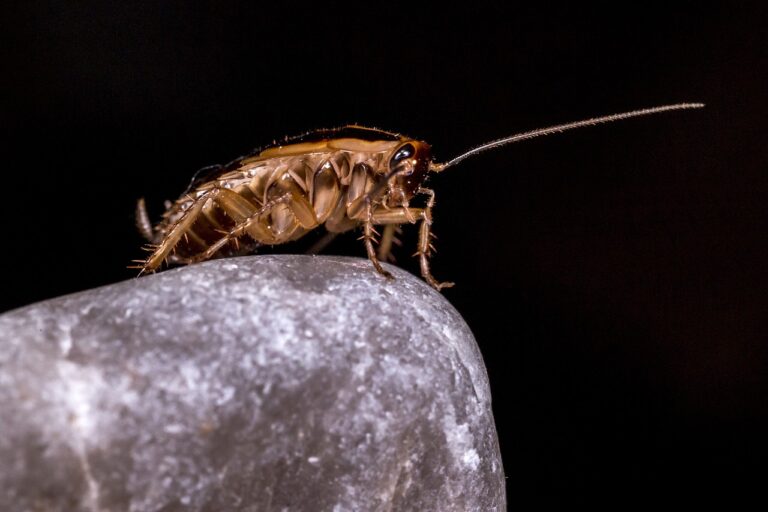CRISPR-Based Approaches for Modifying Protozoan Genomes: All panel login mahadev book, Lotus bhai.com, Laser book 247 com registration
all panel login mahadev book, lotus bhai.com, laser book 247 com registration: Protozoa are single-celled organisms that play crucial roles in various ecosystems, from marine environments to the human gut. Understanding and modifying their genomes can provide valuable insights into their biology and potentially lead to the development of novel treatments for diseases caused by pathogenic protozoa. CRISPR-based approaches have revolutionized genome editing, making it easier and more efficient to make targeted modifications to DNA sequences. In this article, we will explore how CRISPR technology can be used to modify protozoan genomes.
1. What is CRISPR?
CRISPR stands for Clustered Regularly Interspaced Short Palindromic Repeats. It is a revolutionary technology that allows scientists to make precise changes to DNA sequences in living organisms. CRISPR systems are guided by RNA molecules to target specific DNA sequences, where they can introduce modifications such as insertions, deletions, or replacements.
2. Applications of CRISPR in Protozoa
CRISPR technology has been successfully applied to a wide range of organisms, including protozoa. Researchers have used CRISPR to study gene function, create disease models, and develop new therapeutic approaches. In protozoa, CRISPR can be used to investigate the roles of specific genes in their biology, as well as to engineer strains with desired characteristics.
3. Editing Protozoan Genomes with CRISPR
To modify a protozoan genome using CRISPR, scientists first design a guide RNA molecule that is complementary to the target DNA sequence. The guide RNA directs the CRISPR system to the desired location in the genome, where it can induce changes through the action of an enzyme such as Cas9. These changes can be used to disrupt gene function, introduce new genes, or study the effects of specific mutations.
4. Challenges of CRISPR Editing in Protozoa
While CRISPR technology has revolutionized genome editing, it can still be challenging to apply it to certain organisms, including protozoa. Protozoan cells can have complex cellular structures and life cycles that may affect the efficiency of CRISPR-mediated modifications. Additionally, some protozoan species may have unique genetic features that make them less amenable to standard CRISPR protocols.
5. Future Directions
As CRISPR technology continues to evolve, researchers are developing new strategies to overcome challenges in editing protozoan genomes. These may include optimizing delivery methods, improving the efficiency of CRISPR systems, and tailoring protocols to suit the specific characteristics of different protozoan species. With continued advancements in CRISPR technology, we can expect to see more sophisticated genome editing approaches applied to protozoa in the future.
6. Conclusion
CRISPR-based approaches offer powerful tools for studying and modifying protozoan genomes. By harnessing the precision of CRISPR technology, researchers can unravel the complexities of protozoan biology and potentially develop new treatments for diseases caused by pathogenic protozoa. As CRISPR technology continues to advance, we can look forward to exciting new discoveries in the field of protozoan genomics.
FAQs
1. Can CRISPR be used to edit the genomes of all protozoan species?
While CRISPR technology has been successfully applied to a wide range of organisms, including protozoa, its efficiency can vary depending on the species and specific genetic features of the organism. Researchers may need to optimize CRISPR protocols for different protozoan species to achieve the desired outcomes.
2. What are the potential applications of CRISPR-edited protozoa?
CRISPR-edited protozoa have a wide range of potential applications, including studying gene function, creating disease models, and developing new therapeutic approaches. By modifying protozoan genomes using CRISPR technology, researchers can gain valuable insights into their biology and potentially discover new targets for treatment.
3. Are there any ethical considerations associated with CRISPR editing of protozoan genomes?
As with any genome editing technology, there are ethical considerations to take into account when modifying protozoan genomes using CRISPR. Researchers must ensure that their work complies with ethical guidelines and regulations, and that they consider the potential implications of their research on both the environment and human health.







